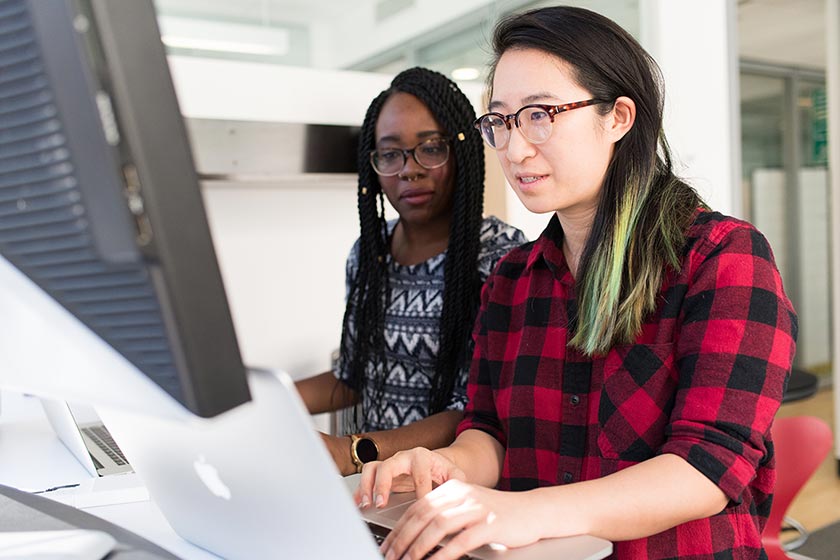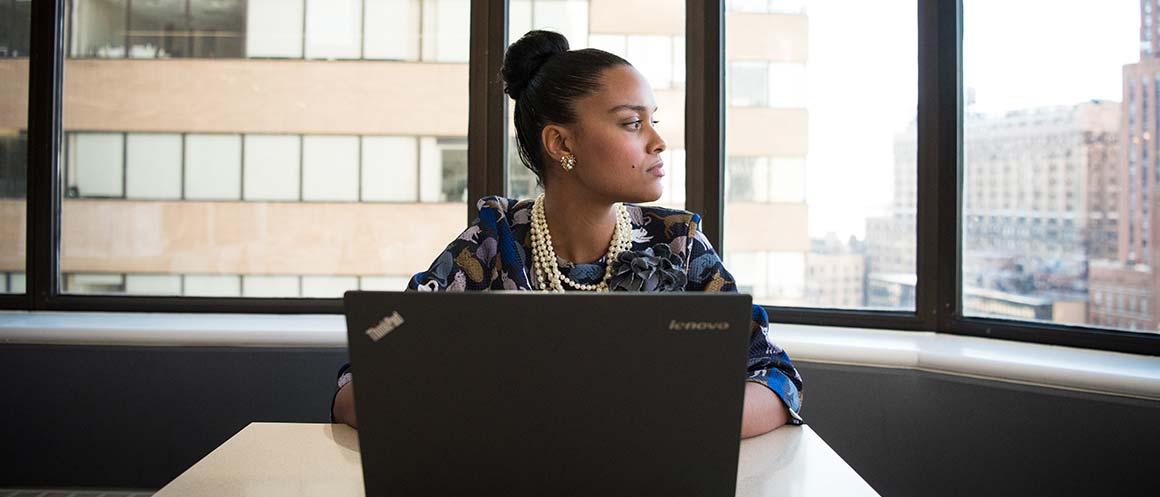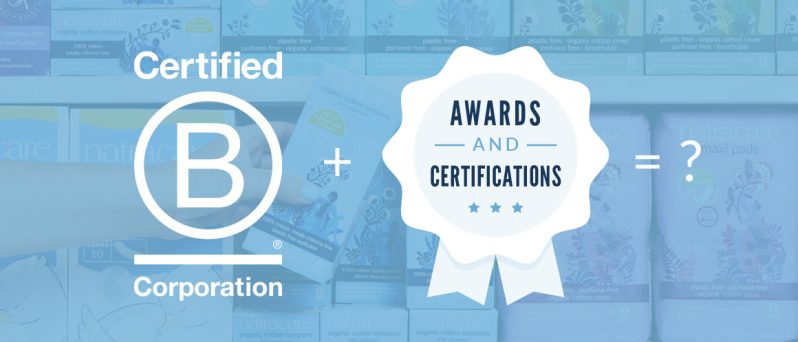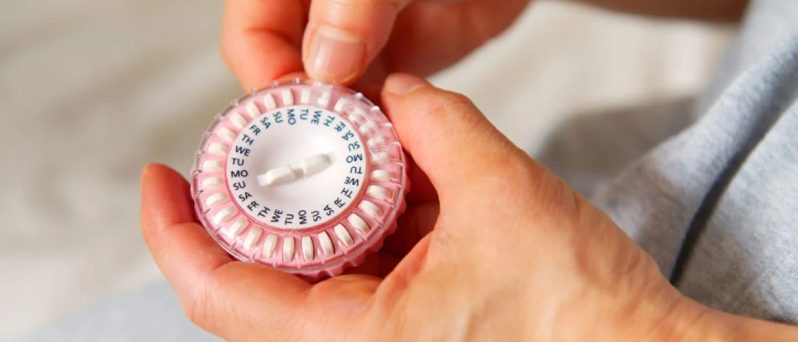Endometriosis is a menstrual health condition that affects 1 in 10 people with periods. It can affect your period in many ways, causing chronic pain and heavy bleeding. It also leaves people more vulnerable to secondary health conditions – both physical and mental, so it’s no surprise that endometriosis has a massive impact on people’s working lives.
We’ve compiled some gentle suggestions for dealing with endometriosis at work – from ways to maximise your comfort, to ways to talk to your boss.
Get as comfortable as you can
If you work in an office, perhaps see if you can get a standing desk – standing puts less pressure on your pelvis and allows you to move around and get into a position that feels more comfortable. Sitting for hours at a time can compress the nerves in your pelvis which can trigger the endo pain.
If you do have to remain seated, try using a cushion for your chair to take some of the pressure off. You can get special cushions that are round and made from memory foam to maximise comfort.
Apply some heat
When it comes to finding comfort, heat can really help. Keep a hot water bottle with you to help ease your pain.
If you work on your feet, you can get a hot water bottle which wraps and then ties around your body, such as the Yuyu Bottle. This can be helpful because it warms both your front and back at the same time.
Another way to relieve pelvis pain is to get a heated electric seating pad. These can be powered by USB for ease or you can get ones with rechargeable batteries. A heated seating pad will provide heat from below and will make sitting easier. Doubled up with a thick cushion, you’ll likely achieve more comfort than with an old wheelie desk chair.

Add stretching, cut sugar
If you find that movement and stretching helps, why not check out a yoga class nearby? Gentle yoga can be great for loosening the muscles and calming the mind, especially if you’re tense from bracing yourself for pain all day. If you’ve never tried yoga before, try an online tutorial before you commit. You know your own thresholds at different times of the month, so if this doesn’t feel right for you, don’t push yourself.
Avoid inflammatory foods and drinks, such as dairy, refined sugar and caffeine. Any small comforts you can get from food and drink might feel welcome in the middle of a difficult working day – but your body may react badly once its moving around your system. Check out our list of foods to eat to help with cramps.
Get organised!
Encourage your organisation to sign up to Endometriosis UK’s Endometriosis Friendly Employer scheme. This scheme calls for employers to raise awareness about endometriosis, to challenge the stigma surrounding it, and to support staff who live with the condition by making practical adjustments. Natracare has become the first menstrual product brand to sign up to the scheme!
Get support from colleagues – tell people who you trust when you’re not feeling too good, so that when pain strikes, you don’t have to use your energy explaining yourself. Since 1 in 10 people with periods have endometriosis, you’re likely to have allies at work who understand what you’re going through. There may even be an opportunity to set up a support group – there is strength in numbers after all! Especially when it comes to tackling workplace policies or attitudes.

How to tell your boss about your endometriosis
Telling your boss about your condition can be really difficult. Some employers can be very understanding – and some, far less so.
Surprisingly, people with endometriosis report that speaking about the condition to a female boss can be even more difficult. ‘Standard’ period pains are very common and for many, they’re entirely manageable. Female bosses might not understand the very real difference between the two.
In 2019, the representatives of the UK Government met to discuss support for people with endometriosis in the workplace. Anecdotal evidence shared by the group of MPs showed that employers are still really far behind when it comes to understanding this condition. There is a prevailing attitude in society which responds to this chronic condition with words like ‘this is just what people with periods go through – you have to deal with it.’
This is not true. Endometriosis is not normal and you have a right to seek treatment and time off for what is a chronic health condition. Your employer has a responsibility to protect your physical health, your psychological health, and provide an environment in which you can do your work safely.
Equally, you have a responsibility to your employer to communicate as clearly as possible about what is going on for you.
When you are first broaching the topic with your boss, the best advice is to go in prepared – if you have a pain diary, take it with you. If it’s at all possible, plan to have this meeting on a day where your pain isn’t so bad – so that you feel as equipped and resilient as possible.

It could be a good idea to follow up the meeting with some resources that your boss can read, to familiarise themselves with the condition and to empower them to do further research into the facts and stats in their own time.
Luckily, times are changing and important conversations about endometriosis are being had more often, bringing a greater understanding of what it’s like to live with. If you know any organisation who could benefit from becoming an Endometriosis Friendly Employer then, please, direct them to the sign up page on the Endometriosis UK website.
Do you have endometriosis? How do you manage your symptoms at work?












